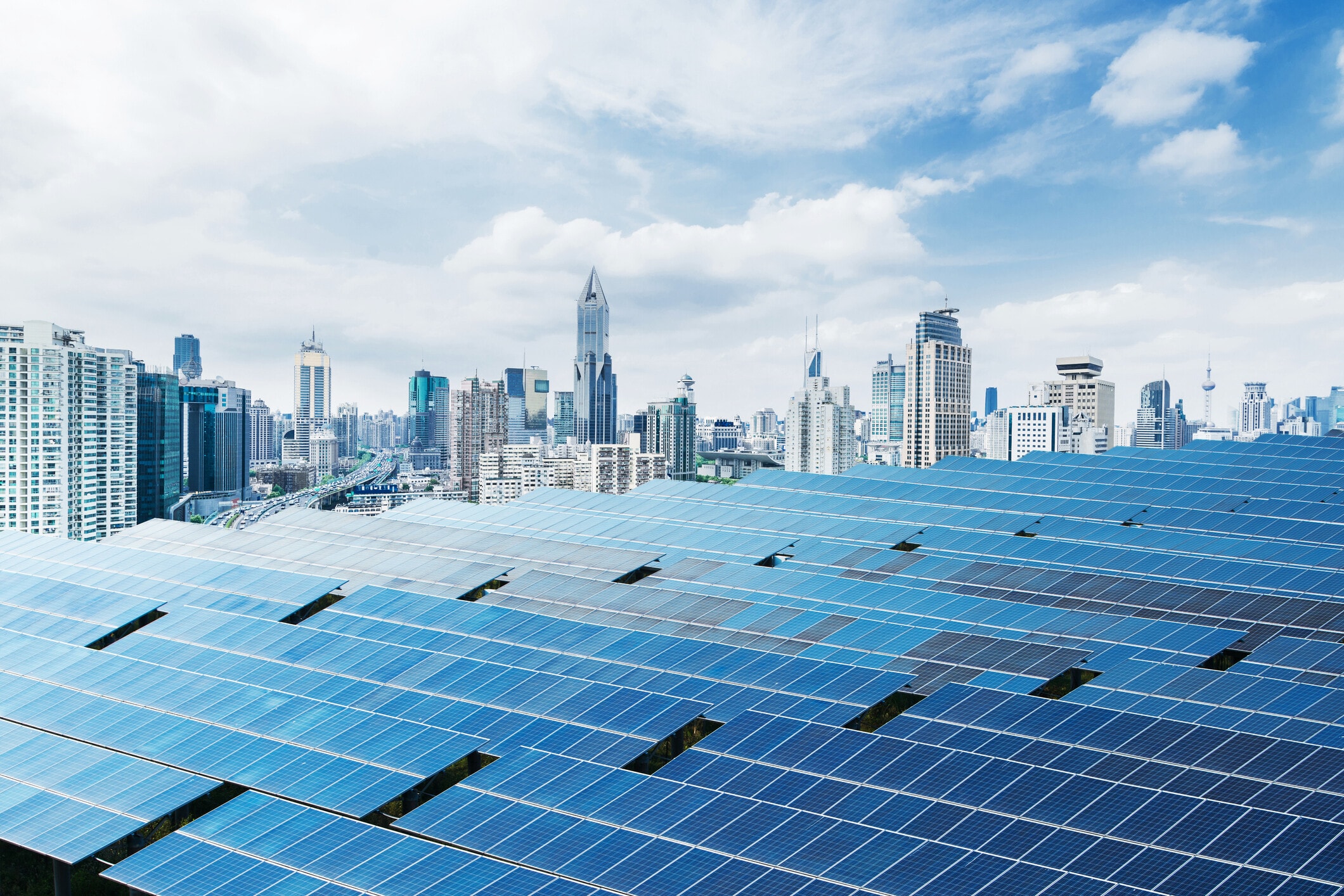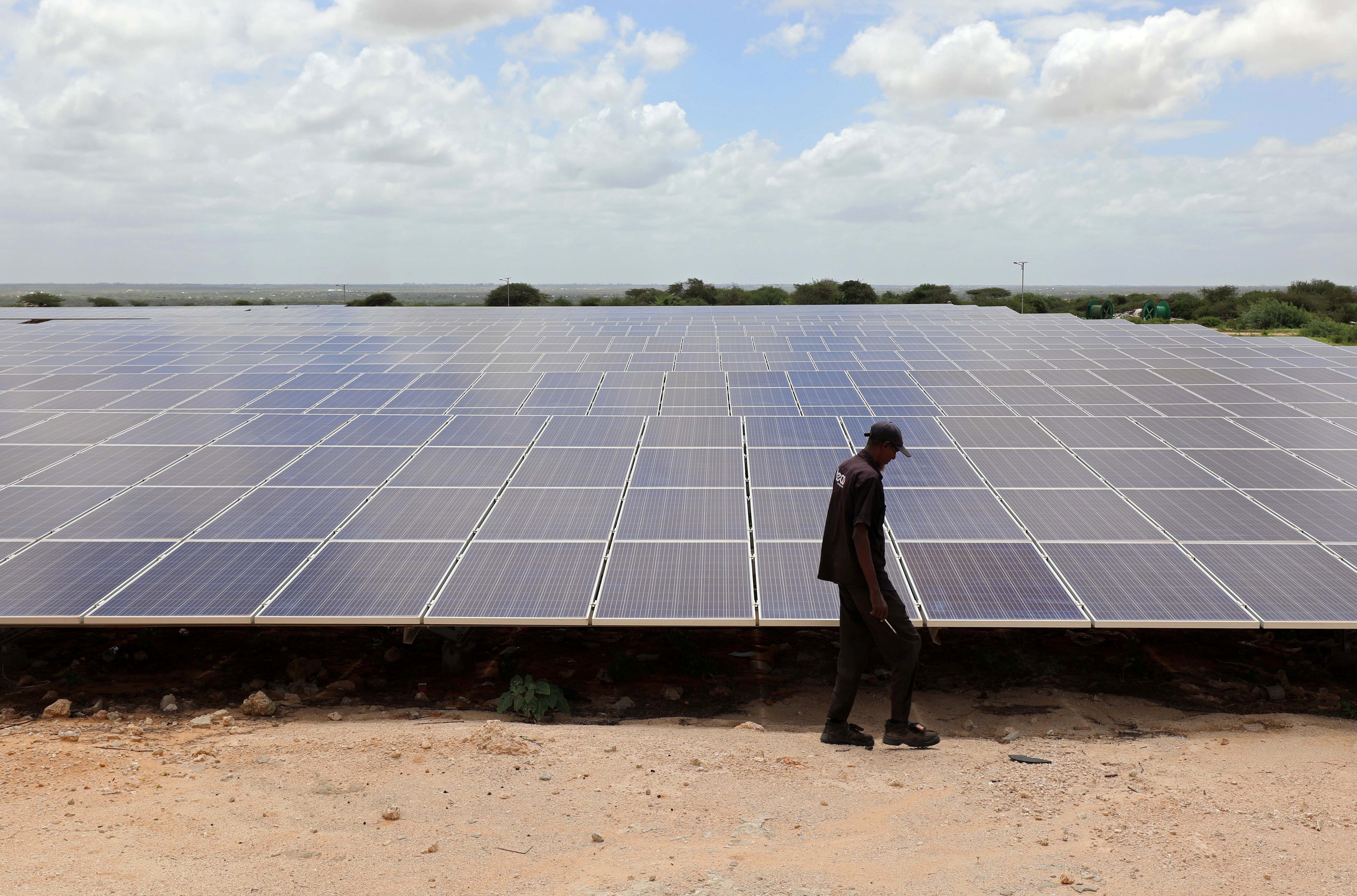Hot showers, warm drinks and heating - let's talk like the energy consumers

Energy consumers would value energy more if they could compare prices for energy events they actually used - like making a cup of tea
Image: Tim Arterbury
Stay up to date:
Energy Transition
Energy companies have traditionally seen their energy consumers as little more than a demand function. Energy users were a predictable input to forecast energy supply, which was determined by well-established assumptions. Energy systems were demand-responsive, centrally-controlled and top-down. The business model focus was on reliable supply and the delivered price of a kilowatt hour. Key commercial relationships were with the wholesale markets and the regulator.
The role of energy consumers
The fast-accelerating growth in the penetration of low-carbon technologies, such as renewables, electric vehicles and electric heating, challenges this paradigm. Energy consumers have an increasingly central role to play if an efficient transformation of energy systems is to be achieved. They can help manage intermittent supply, by using more electricity when supply is plentiful, and less when it is constrained. The rise of prosumers (people who produce and store their own energy), decentralized resources and community-based energy markets emphasise energy consumers' growing importance.
Commercial and industrial customers, acting as economically rational, profit-motivated organisations, have responded well to demand-side response incentives. But individual energy consumers have been much harder to reach. As long as “it works”, most consumers are not that interested in energy. US customers only spend 6 minutes a year - 30 seconds per month - thinking about their bill. In the UK, despite a two-year investigation into market competition and comprehensive advertising campaigns imploring energy consumers to save up to £200 by changing suppliers, only 15% of households bother to take the half hour required to switch suppliers. If energy consumers cannot be motivated to spend 30 minutes once a year to save £200, how do you persuade them to avoid using electricity at peak times, every day, for a much lower payback?
Conventional techno-economic approaches centred on price signals are not working anything like as effectively as hoped. The current energy market ignores the diversity in consumer preferences and focuses on kWh, something energy consumers do not understand, let alone value. It is like trying to sell food based on how many calories it contains. People would value energy more if they could compare prices for energy events they actually used.
How energy consumers talk?
What if we put the energy consumers at the heart of the conversation, and spoke in a language relevant to their own lives? What if we empowered them to tell us what they really value, and why?
Our research shows that people do, in fact, care hugely about using energy to stay happy, healthy and comfortable. In the UK, people use about 80% of their energy at home for heating and hot water to get clean and comfortable. This accounts for one fifth of UK emissions. Most speak of the daily pleasure of stepping into a hot shower, or warming themselves beside a radiator to relieve the cold. When prompted to look into wider benefits, many people realise how much they value energy to enhance their health - to relieve pain, care for guests, and protect their property. (Forty per cent of people heat rooms just to stop pipes freezing.)
Focusing on energy simply as a commodity underestimates how much energy consumers value energy in servicing their daily lives. More than two-thirds of the 5,000 people we surveyed said they would be interested in using energy as a service. But understanding what people want is difficult when we lack any means of describing and measuring what is valued. This is true both for people themselves and for services aiming to meet their needs. This makes planning decisions difficult at a time when we urgently need to accelerate and scale-up low-carbon energy and services. Energy consumers can only tell us what they want if such questions are worded in terms relevant to their lives.
In other sectors, from transport and logistics to telecommunications and IT, high-performing companies are developing offerings based on a forensic understanding of their customers’ needs. This can even involve “co-creation” of new products. For example, one of Microsoft’s new corporate indicators of success is “building stuff that people love”. DHL’s co-creation efforts resulted in customer satisfaction scores rising to over 80 percent, on-time delivery performance increasing to 97 percent or higher, and a decrease in customer churn.
We need to change the conversation between the system and its users. The language of the energy industry is profoundly unappealing to anyone outside the system. Creating a language to describe what people cherish about energy could unlock new business models, new choices for energy consumers, and new answers to the challenge of balancing supply and demand. It could herald an energy system that responds to the needs of its users, rather than one trying – and failing – to get its users to respond to the needs of the system.
Don't miss any update on this topic
Create a free account and access your personalized content collection with our latest publications and analyses.
License and Republishing
World Economic Forum articles may be republished in accordance with the Creative Commons Attribution-NonCommercial-NoDerivatives 4.0 International Public License, and in accordance with our Terms of Use.
The views expressed in this article are those of the author alone and not the World Economic Forum.
Forum Stories newsletter
Bringing you weekly curated insights and analysis on the global issues that matter.
More on Energy TransitionSee all
Eneida Licaj and Genevieve Sherman
September 10, 2025
Thomas Kiessling
September 10, 2025
Rosa Kariger
September 8, 2025
Maciej Kolaczkowski
September 8, 2025
Mohamed Okash
September 5, 2025
Volker Sick
September 4, 2025





